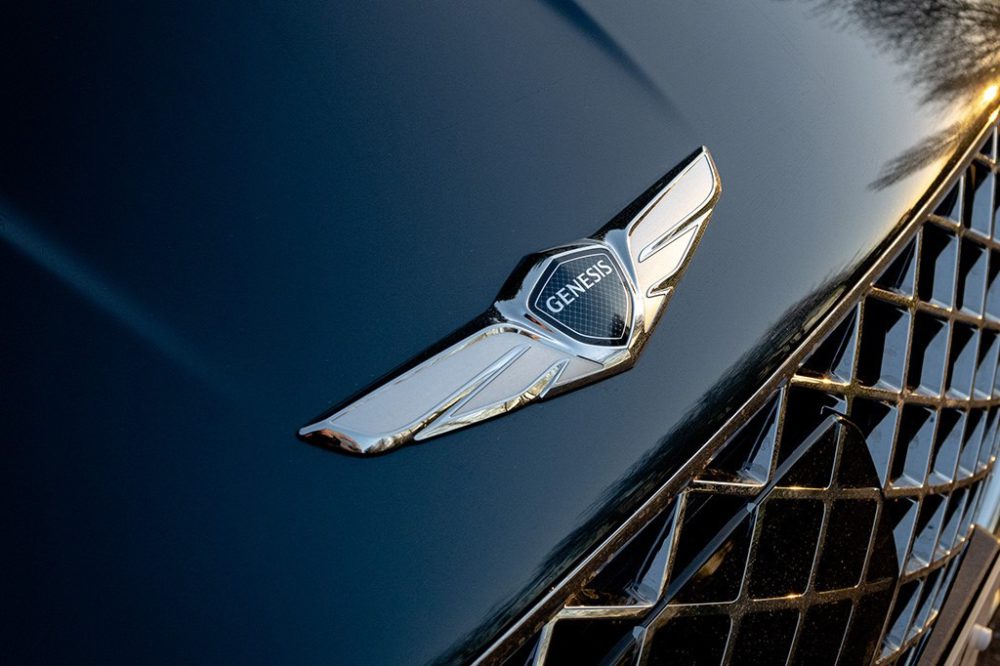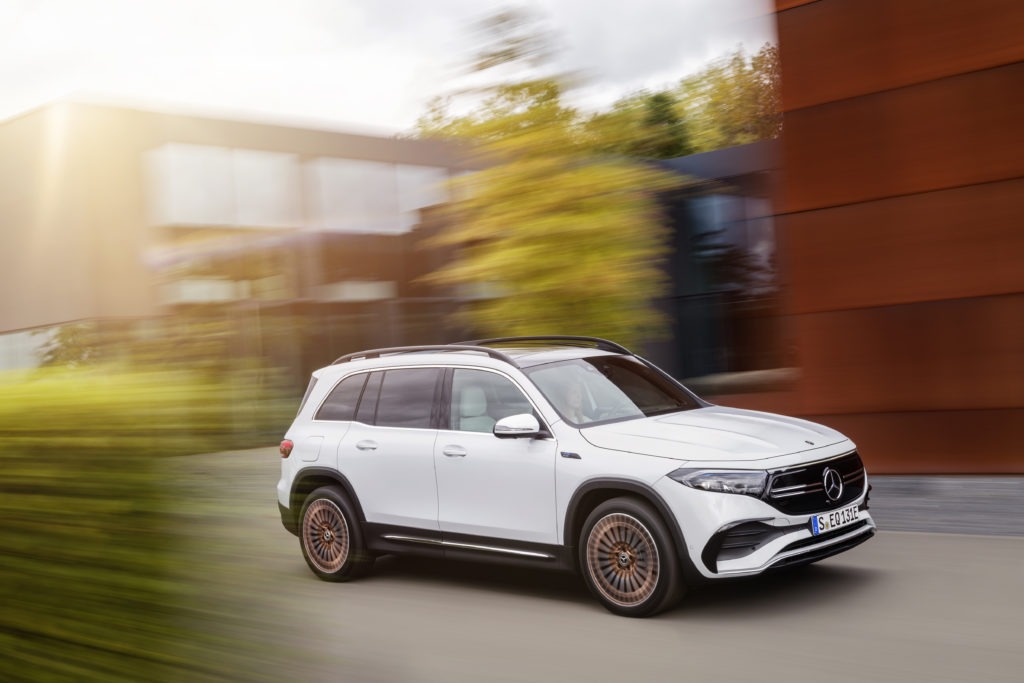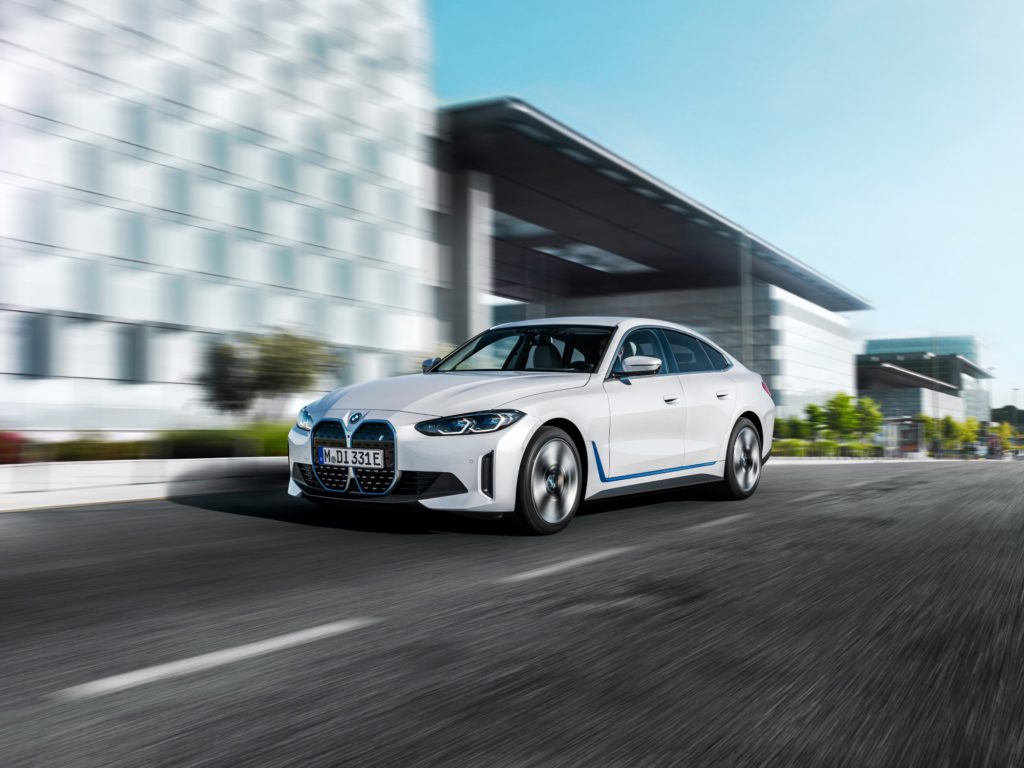Hyundai’s Genesis takes on the European car market
10 March 2022

Autovista24 deputy editor Tom Geggus considers the prospect of European car market newcomer, Genesis, reviewing one of its foremost models, the G80.
The European passenger-car market is experiencing an influx of new brands. Fresh-faced start-ups and specialised spin-offs are finding new entry points and even creating them. Genesis, a subsidiary of South Korean car manufacturer Hyundai, markets itself as a ‘true alternative within the premium segment.’
Enter the G80, a luxury executive saloon sent to set expectations for the brand. It was one of the carmaker’s first models to hit the European car market back in the summer of 2021, focusing first on Germany, Switzerland, and the UK.
Well-timed entrance
With transformative trends sweeping the automotive industry such as electrification, digitalisation, and automation, there are plenty of opportunities to be seized upon to make a breakthrough. In this period of upheaval, newcomers like Genesis are eager to gain recognition. A strong unique selling point (USP) can be the difference between success and failure for a newcomer, not to mention a well-timed entrance.
Supply-chain shortages are turning new cars into gold dust and used vehicles into highly sought-after commodities. This accelerated demand and lack of supply has car buyers willing to consider unfamiliar models and automotive brands. The results of an Autovia study published in November last year found nearly half of its 2,445 respondents were willing to look at alternative models and brands because their usual options were simply not available.
So, badge bias could well be a shrinking obstacle, but to gain serious traction new entrants such as Genesis, will have to live up to the standards set by established European brands. For example, the Audi A6, the Mercedes-Benz E-Class, and the BMW 5 Series have dominated the luxury saloon segment for many years. Their reputation appears almost insurmountable, but this is exactly what Genesis wants to do with the G80.
Genesis G80 review
On review, the G80 has clearly been designed to provide a feeling of premium quality, both inside and out. The large grill has taken inspiration from the carmaker’s badge, with lines that carry on around the side of the vehicle to the indicators. The car can be fitted with either a 2.5-litre petrol or 2.2-litre diesel turbo-charged engine.
Using an eight-speed automatic gearbox, and accompanying paddle-shifters, the G80 emphasises calm cruising. Motorway miles tend to drift away, aided by the numerous driving-assistance systems such as adaptive cruise control and lane centring. However, the ride can feel a bit firmer when pushing along narrower, pot-hole strewn roads.
But inside is where the Genesis G80 shines. A stylish use of wood and leather gives the interior a premium, executive feel. The infotainment system has been well designed with a good array of tactile dials, touch-sensitive surfaces, and screens. A head-up display (HUD) means the driver never needs not look away from the windscreen for speed, directions, and lane positioning information.
Remarketing potential in the used-car market
The G80 appears capable of keeping up with the likes of the Audi A6, Mercedes-Benz E-Class and BMW 5 Series, while also undercutting their more premium price tags. But how does it perform in the long term? Analysing Autovista Group data for the UK market after 36 months and 13,333 miles (21,457km) a year, the car’s residual value (RV) performance comes into sharper focus.
The first thing to recognise is establishing a comparable baseline against the G80’s competitors is not a straightforward task. For this comparison, a 2021 2.5-litre Sport Line G80 was held up against a 2022 3-litre S Line A6, and a 2022 AMG 3-litre Night Edition E-Class. But finding an appropriate and available 5 Series provided to be near enough impossible.
For example, listings of the 520i and 540i currently fluctuate between European markets with various versions and powertrains available. In countries where it is on offer, there is an accompanying disclaimer about BMW’s scaled-back production programme due to the semiconductor shortage. So, the newcomer can claim a small victory in the face of less competition, for now.
In the UK, the G80 sports a total list price £8,525 (€10,246) and £10,925 below the Audi and Mercedes-Benz cars respectively, making it the most affordable of the three. Considering its relatively recent arrival, the Korean car holds its value almost as well as its established rivals. While the E-Class and A6 pull ahead with 60.1% (£34,196) and 54.2% (£29,532) forecasted RV retention rates respectively, this is not miles ahead of the G80’s 52.8% (£24,296).
Beating badge bias
The G80 is currently only available with a petrol or diesel engine, with an electrified version in the works. But Genesis will be able to meet electric demand with another model. Recently made available for pre-order in the UK, the GV60 is a battery-electric vehicle (BEV) running on Hyundai’s Electric Global-Modular Platform (E-GMP).
The GV60 holds a great deal of potential as its stablemate, the Kia EV6, won European Car of the Year 2022. The third E-GMP family member, the Ioniq 5, has also seen a great deal of critical acclaim. But by 2025 more models will join the fray, as every new Genesis model goes electric, with zero net carbon ambitions set for by 2035.
An electric boost, supply shortages, and demand for affordability could all help set the stage for Genesis. If the Korean carmaker can keep delivering high-quality vehicles, at a more competitive price point compared to its European competition, the winged badge will beat back any bias.



